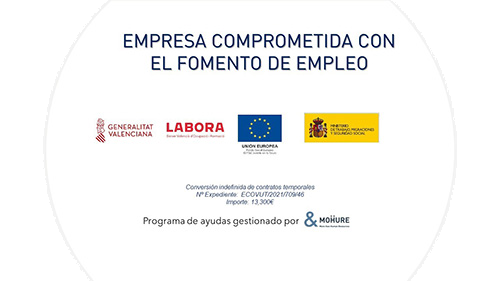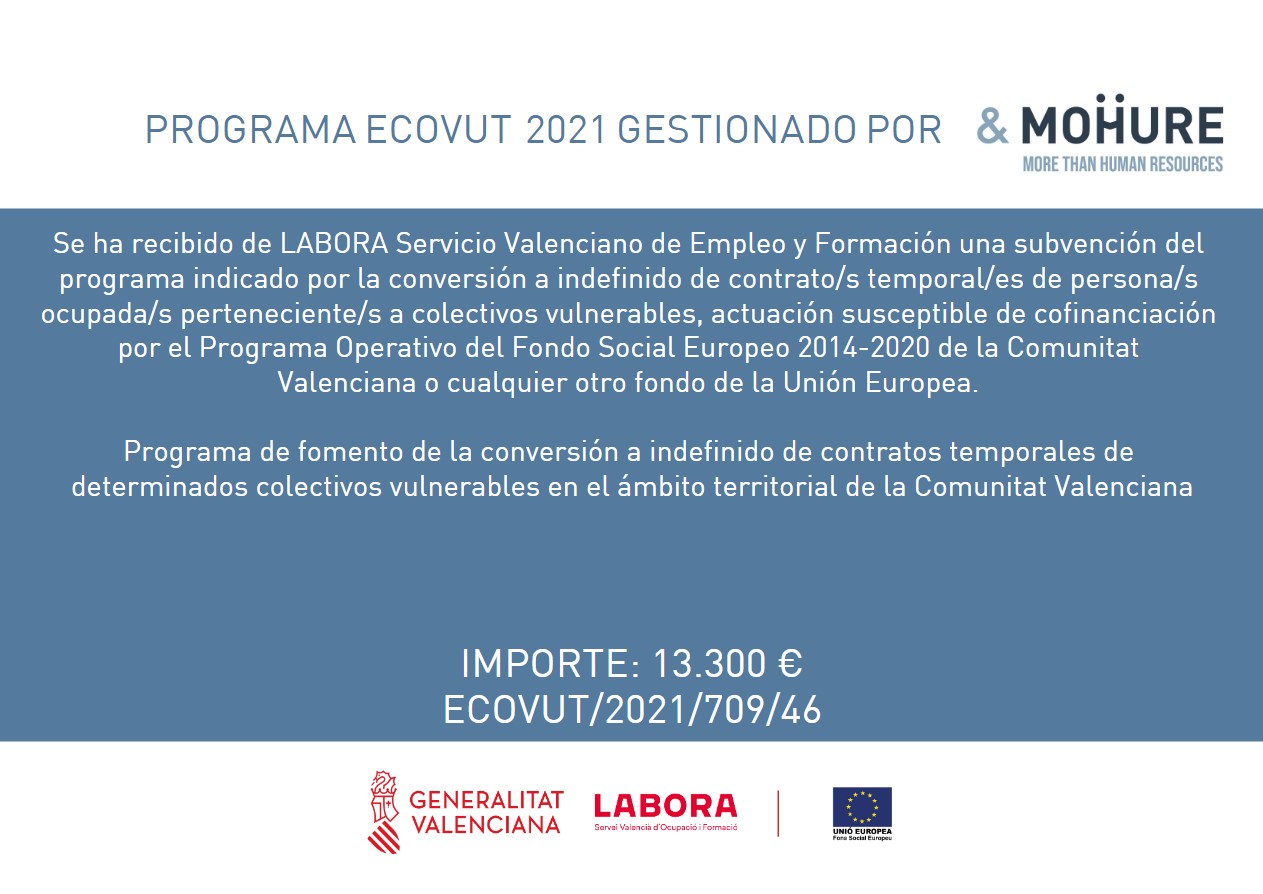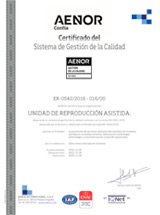Choosing the perfect time to have a baby is a very private lengthy process with an infinite number of considerations which need to be taken into account. Maternity at 40 is becoming more and more frequent, an age which has traditionally been perceived as too late, however it is an age which can offer numerous advantages for having children.
The decision to look towards maternity in the 40’s is becoming more commonplace: the pace of life nowadays , work demands and the difficulty to establish economic stability tend to promote the wait, in families who are awaiting their first baby as well as those who are looking to extend their household beyond this stage.
The assisted reproductive technologies currently available in Spain allow for a pregnancy with numerous guarantees. Perhaps from 40 onwards a woman doesn’t have as much energy or agility in her day to day as a decade before, however the greater degree of control to which she would be subjected during gestation in this age group would not only facilitate the process but also the health of the mother and the developing baby.
Advantages of being a mum at 40
Waiting until we are in our 40’s for maternity can, against the general consensus, have far more benefits than disadvantages.
One of the main benefits is that at this age the majority of women have reached their objectives in terms of career, or have at least developed their profession to such a point that in addition to providing them with economic stability, the pregnancy won’t put a damper on their goals, a reality which continues to be prevalent in certain sectors.
Also this work, economic balance usually leads to an enhanced level of maturity both personally and emotionally. Maternity at 40 is rarely an accident or not wanted: choosing motherhood at this age is a conscious meditated decision, in which maturity plays an important role, and in which the arguments for and against can be evaluated with greater perspective, in family households as well as for singles mothers.
Another unquestionable benefit for maternity at 40 which is directly related to the previous ones is the possibility to offer the girl or boy a home where they can grow up and develop correctly. This work economic stability, together with maturity in ones relationships and consciousness of this more mature maternity will provide essential support for the baby.
Treatments to make maternity possible at 40
Beyond a certain age, becoming pregnant naturally can be more complicated, fertility lessens and greater risks are involved, as not only the quality but also the amount of women’s ovules decrease. Assisted reproductive techniques can make life a lot easier for those who look to maternity at 40: it is perfectly possible for the woman to become pregnant with guarantees, control and good health.
In vitro fertilization
One of the most used techniques in our assisted reproduction clinics in Spain is fertilization in vitro. This procedure consists in joining the ovule and the spermatozoid in the laboratory, in order to compensate the lower quality of the maternal oocytes and any possible alterations in the chromosomes whose quality can be analysed in advance through genetic investigation.
Oocyte vitirification
Other procedures, such as oocyte vitrification can also bring the dream of maternity at 40 closer by ¨freezing ¨ the quality of the oocytes at a younger age, irrespective of when they are used. The method used to become pregnant as well as the specialized care implemented during the said period will ensure that the dream of being a mum will become a reality with guarantees, even if it’s a little later on!
If you have doubts, the professionals in fertility and assisted reproductive techniques at UR International will be more than happy to resolve them.
Egg donation
Donation of the ovules allows for gestation in women who find it impossible to use their own ovules by means of the union of a donor’s ovules with the spermatozoids of the male partner or from the semen of a donor. We are talking about the most requested and medically indicated for women of this age onwards.
It is especially indicated for:
- Repetitive failure of the FIV/ICSI
- Women over 43 years of age
- Genetic alterations which cannot be diagnosed by means of recognised techniques and therefore could be passed on to a descendant
- Primary or premature ovary failure
- Poor oocyte quality
Ovule donation consists in two processes which are intimately related. On one hand, there is the process to which the donor is submitted and, on the other, preparation of the receptor. You can find all the information here.











